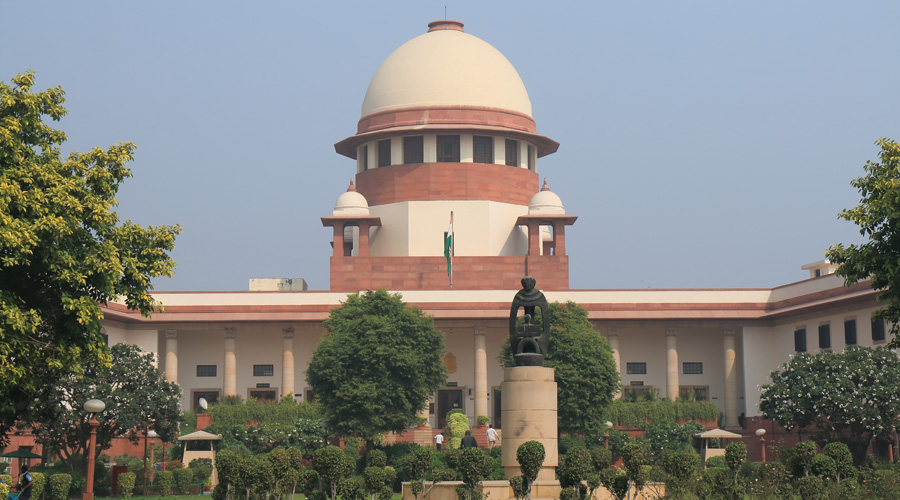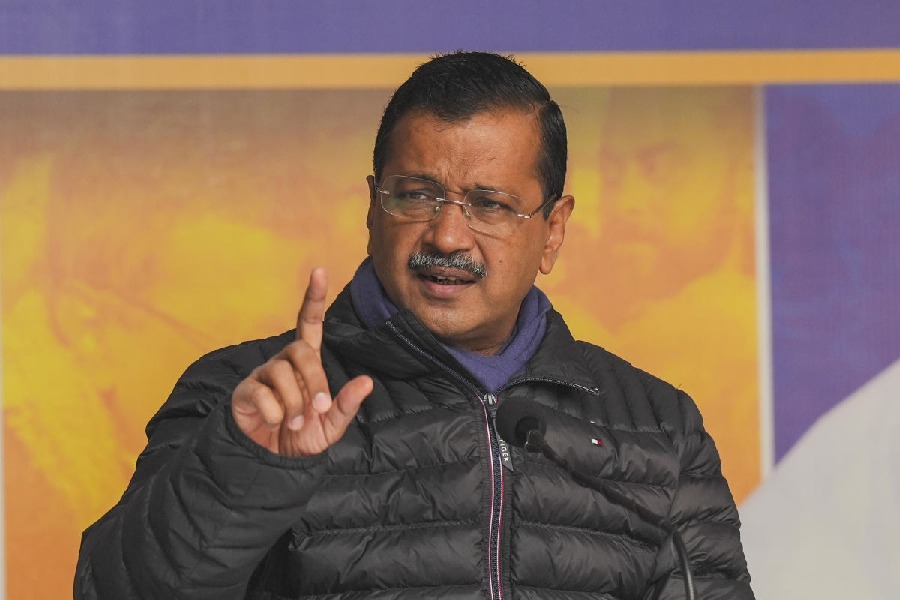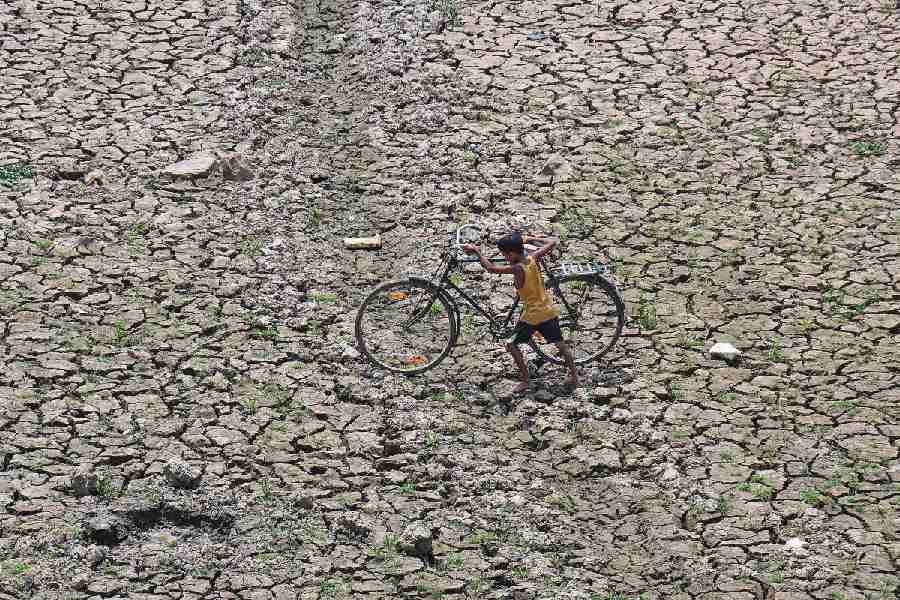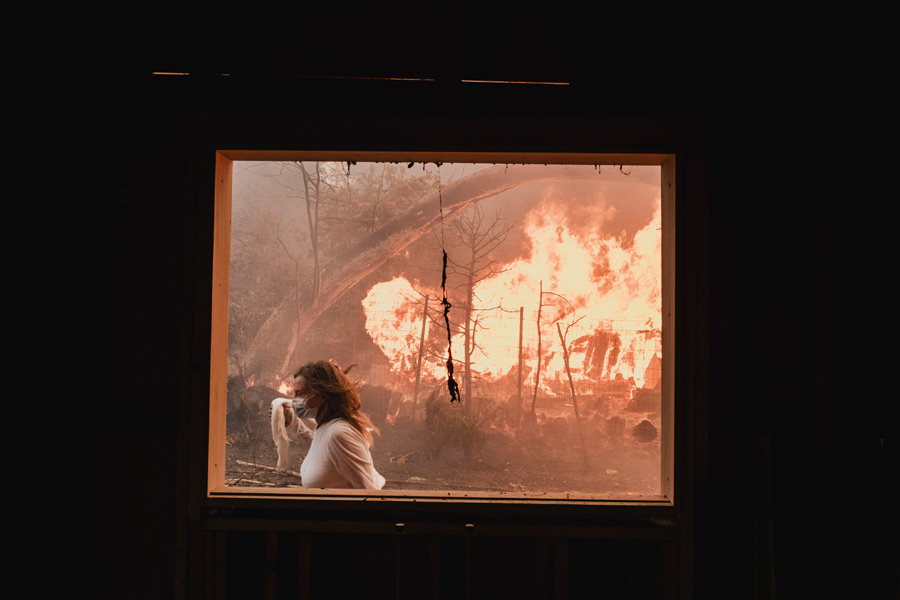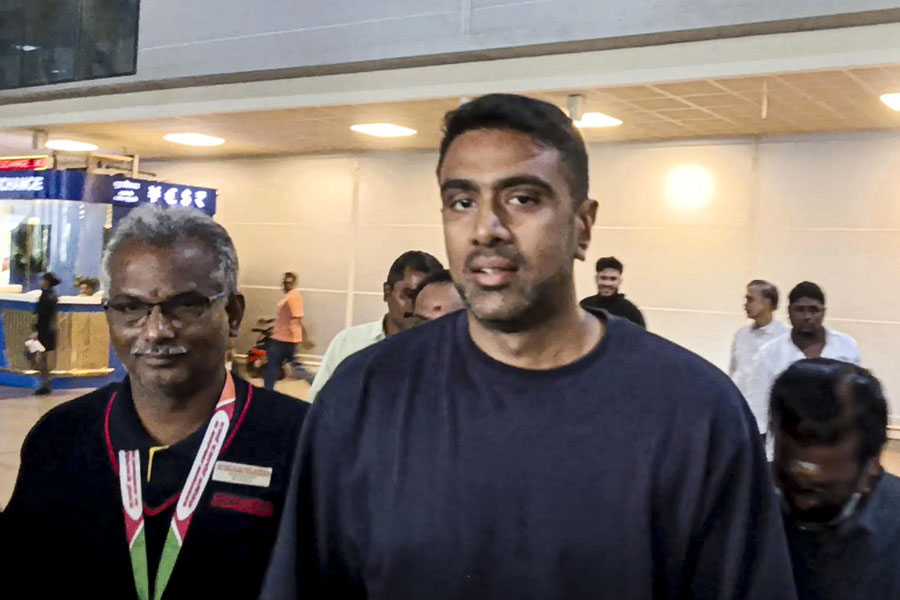The Supreme Court on Friday declined to entertain on technical grounds Delhi government’s plea for directing the closure of 10 coal-fired thermal power plants in Punjab, Haryana and Uttar Pradesh that have allegedly been set up without toxic gas mitigation measures and are contributing to the pollution in the capital.
These plants have allegedly been set up without the installation of flue gas desulphurisation (FGD) facilities, which remove toxic sulfur dioxide from exhaust flue gases of fossil-fuel power plants.
The court wondered how a state could file a public interest litigation. A PIL is normally filed by a citizen or an NGO for the enforcement of fundamental rights of citizens. The AAP government in Delhi had filed a PIL for a direction to the three states and the Central Pollution Control Board (CPCB).
A bench of Justices Navin Sinha and R. Subhash Reddy told senior advocate Colin Gonsalves, appearing for the Delhi government, to withdraw the petition and instead file an intervention application in the connected case of M.C. Mehta Vs UoI in which the apex court has been passing orders for several years on controlling pollution in the Delhi-NCR region.
The Delhi government counsel withdrew the PIL with the liberty to file an intervention application in the pending matter.
The bench expressed surprise at the AAP government’s legal strategy of coming up with a PIL for a direction to the states and statutory authorities when under law no such litigation can be filed.
“The entire world is laughing at us today. You all are reducing the lifespan of people. Why are people being forced to live in gas chambers in Delhi? It is better to kill them all in one go. Get explosives in… bags at one go and kill them. Why should people suffer all this?” the bench had earlier told solicitor-general Tushar Mehta, appearing for the Centre.
However, the court could not take up the matter for months because of the pandemic.
The Delhi government had sought the quashing of an order passed by the CPCB allowing the 10 thermal power plants an extended deadline to install the FGD facilities.
The plea had also sought the setting aside of an order passed by the ministry of environment and forest extending the deadline by which coal-based power plants were to comply with emission norms.
The PIL had also sought directions to the power plant operators and regulatory authorities, that is the state pollution control boards and the CPCB, to provide online continuous emission monitoring data on their websites.
Gonsalves pleaded on Friday that if the power plants were not directed to be closed down, it would have a severe effect on the lives of people living in the Delhi-NCR region as the units were major contributors to the increasing pollution levels.
Justice Sinha, heading the bench, however, pointed out that the CPCB had extended the compliance deadline till December 31, 2022. The Delhi government’s argument was that the original deadline for installation of FGD facilities was December 2019, which the CPCB unilaterally extended.
Gonsalves submitted that pollution was increasing rapidly every day and the deadline should be brought forward.
“Your case is that the CPCB has made a statement before this court and they are deviating now. You can intervene in that matter and tell the court,” the bench told Gonsalves, asking him to withdraw the PIL.

